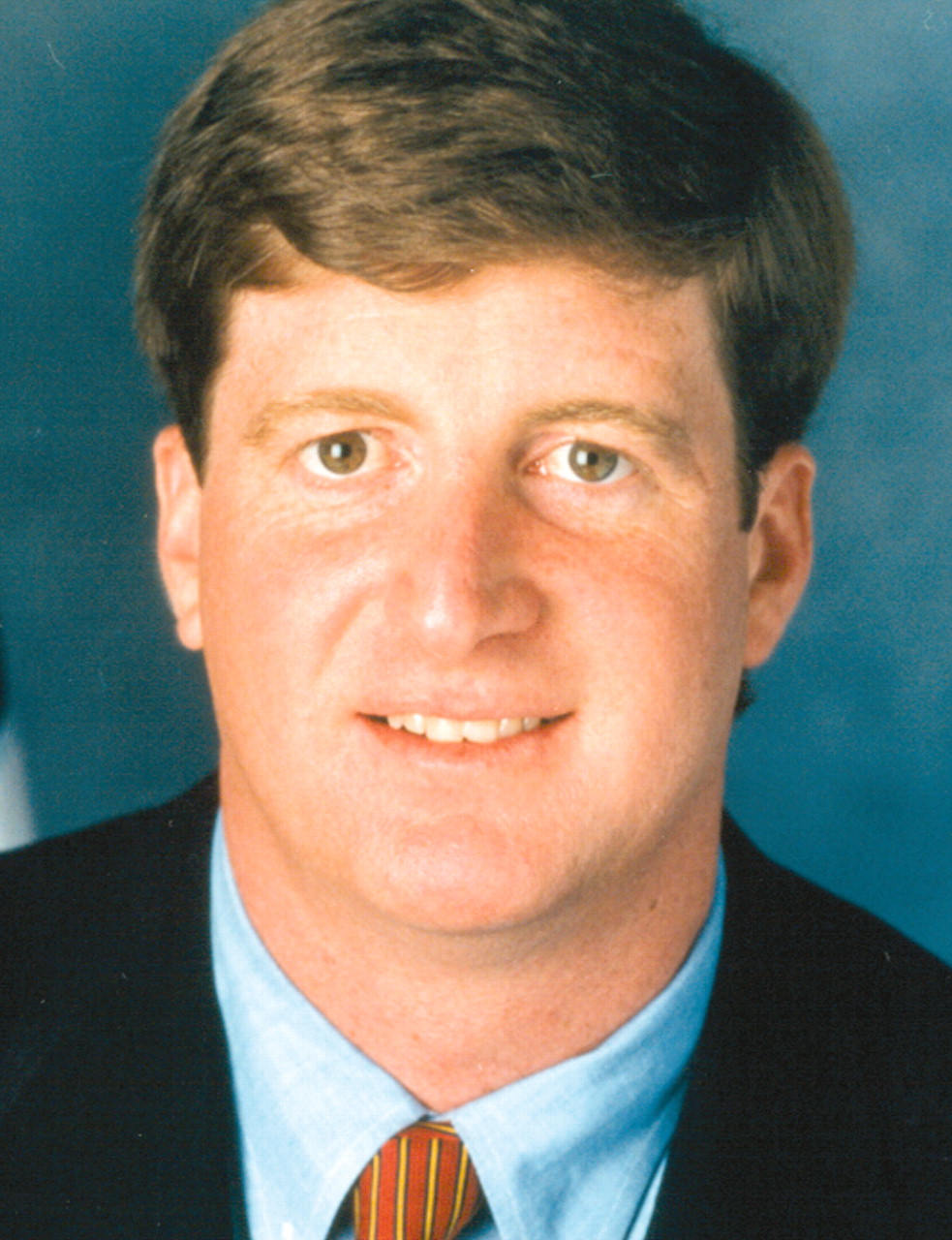Are the Department of Defense (DoD) and the armed forces devoting enough resources to meet the mental health needs of the troops before, during, and after deployment to combat areas?
An amendment to the Fiscal 2005 DoD budget bill (HR 4200) by Reps. Patrick Kennedy (D-R.I.) and Brian Baird (D-Wash.) calls on the secretary of defense to study that question and present the findings to Congress within 90 days of the bill's enactment.
HR 4200 was approved with the amendment by the House of Representatives last month and awaits Senate action.
“The amendment will force the DoD to address tough issues such as how the decision to seek mental health care can impact a serviceman's career and the extent to which the military's lack of firm confidentiality policies hinders treatment of soldiers and combat veterans,” a press release from Kennedy stated.
The amendment will also require the DoD to examine disparities between the mental health services available to active-duty military and members of the Reserve and National Guard.
Kennedy sent Defense Secretary Donald Rumsfeld a letter last month signed by 30 of his House colleagues stating that deficiencies in mental health services available to deployed troops were mentioned during testimony before the House Government Reform Subcommittee on National Security in March and the House Armed Services Total Force Subcommittee in January.
The representatives signing the letter asked DoD to assess whether
•
troops are being thoroughly and accurately assessed for health and mental health problems as required by legislation.
•
troops have enough combat-stress control units in Iraq to meet their mental health needs.
•
troops know that seeking help for stress and psychological problems doesn't mean they are weak and that treatment can be beneficial.
•
troops know that seeking help will not damage their careers.
•
returning troops, including reservists and National Guard personnel, have adequate mental health care follow-up and psychiatric support.
“We are concerned about the accessibility and continuity of postdeployment mental health services. A seamless transition of care from the Department of Defense to the Department of Veterans Affairs is crucial to avoiding any gap in postdeployment mental health coverage,” the congressional letter stated.
Although a transitional health care benefit program for reservists was extended from 120 days to 180 days, the program ends in December.
“We are concerned that military personnel who develop post-traumatic stress symptoms months after deployment won't have benefits,” the letter said.
The representatives asked the DoD to assess whether military families are being informed in a timely and accurate manner of all their options for obtaining and maintaining mental health services.
The amendment can be accessed online at<http://thomas.loc.gov> by searching on the bill number, HR 4200, and clicking on “National Defense Authorization Act for Fiscal Year 2005 (Placed on Calendar in Senate) [H.R.4200.PCS].” ▪


